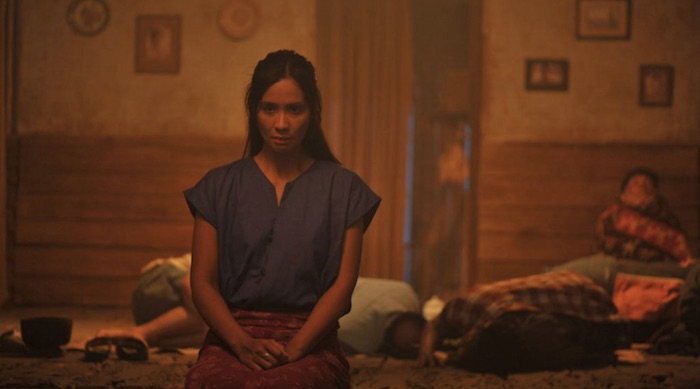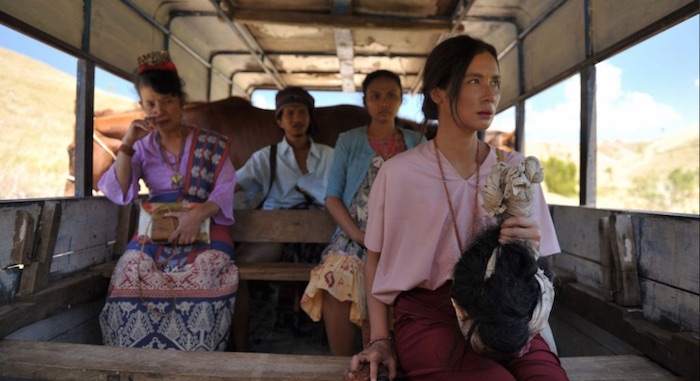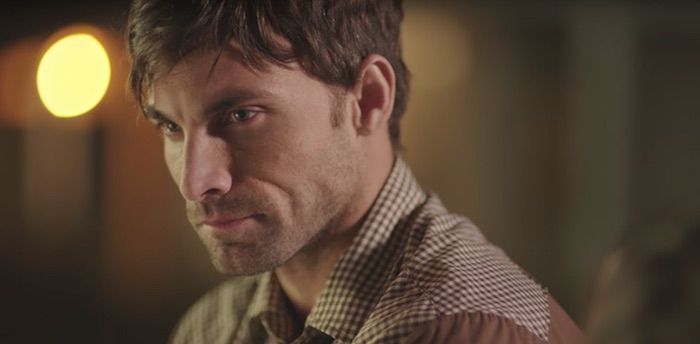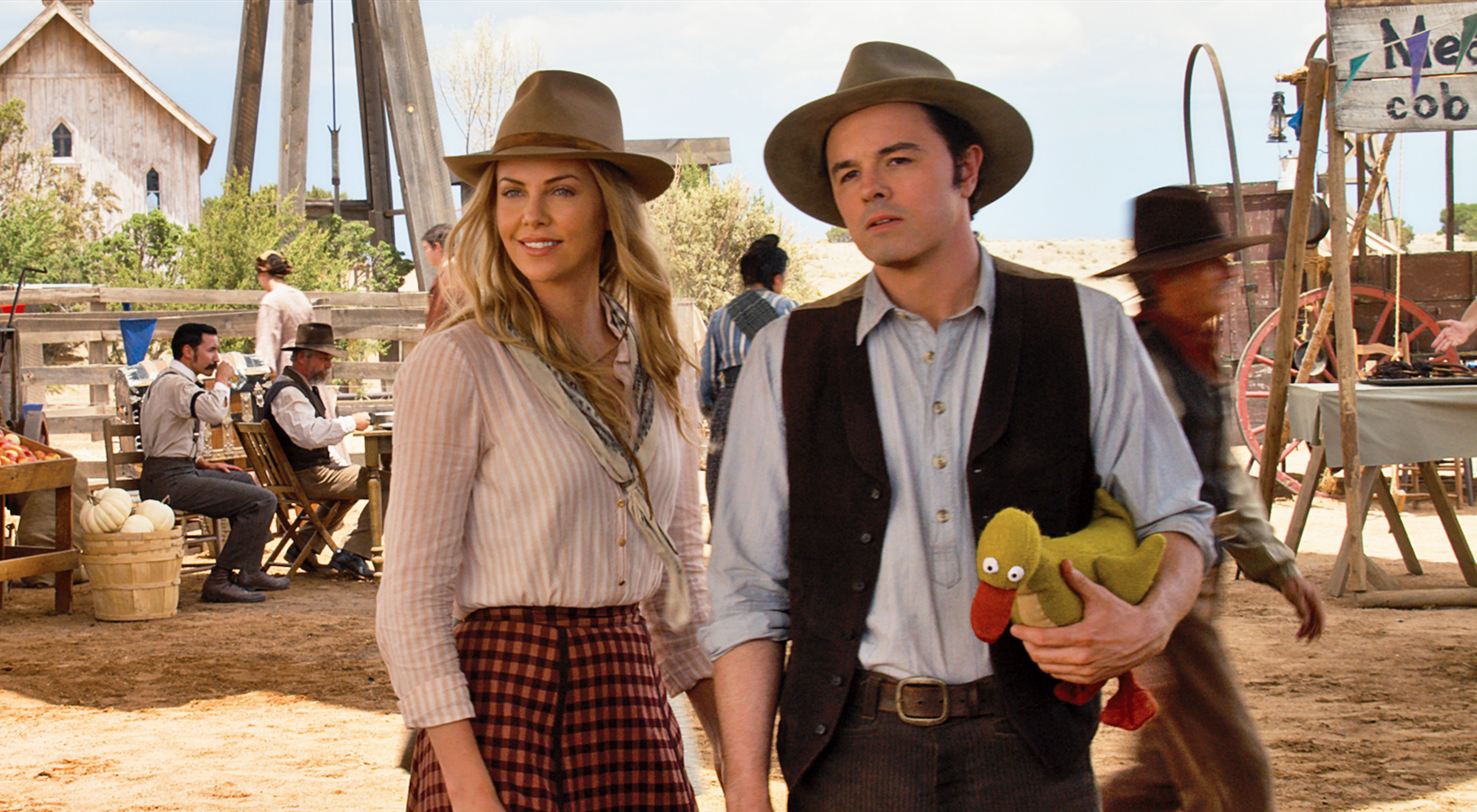MARLINA THE MURDERER IN FOUR ACTS (Marlina Si Pembunuh Dalam Empat Babak)
 Thursday, January 25, 2018 at 10:09AM
Thursday, January 25, 2018 at 10:09AM Stars: Marsha Timothy, Dea Panendra, Egi Fedly, Yoga Pratama, Rita Matu Mona, Vayu Unru, Anggun Priambodo and Safira Ahmad.
Writers: Mouly Surya and Rama Adi, based on a story by Garin Nugroho.
Director: Mouly Surya.
Screened at Pathé 4 Cinema, Thursday January 25 as part of the 2018 International Film Festival Rotterdam (IFFR).
Rating: 4.5/5

DOP Yunus Pasolang’s extraordinarily beautiful lensing is just one of the many unexpected virtues of Indonesian auteur Mouly Surya’s fiercely feminist rape-revenge ‘Eastern western’, Marlina the Murderer in Four Acts. A stylised arthouse horror/thriller that doubles as an elegantly intellectual think-piece concerning the region’s gender politics, Surya’s third feature confirms her status as one of Asian cinema’s most important and relevant voices.
Rife with cues as to the film’s origins in the classically male-dominated American genre (despite funding from non-Hollywood backers in Indonesia, France, Malaysia and Thailand), Surya introduces us to her protagonist as she mourns the loss of her husband. As per tradition, he sits wrapped in funeral cloth in the couple’s remote homestead on the atypically brown and dusty island of Sumba. Marlina (Marsha Timothy) has seen much death in this home; a gravestone reads ‘Topan’, who it is revealed was her stillborn 8-month child. Things do not bode well when a band of loutish brutes arrive to eat her cooking, steal her livestock and rape the stricken widow (the unfolding drama comprising Act I, ‘Robbery’).
With nothing left to loose but her sad life and staunch dignity, Marlina disposes of the five brutes, none with more efficient clarity than the leader Markus (Egi Fedly), whose head is freed of its bodily constraints in a particularly sublime moment of coitus interruptus. With her rapist’s head dangling by her side, Marlina sets off over the stunning countryside (Act II, ‘The Journey’) for the nearest police station (Act III, ‘The Confession’) with her similarly abused and heavily pregnant (Act IV, ‘Birth’) friend Novi (Dea Panendra) whose compelling subplot builds to a meshing of life/death magnitude in the final frames.

Timothy is superb as Marlina, her steely focus and unshakable adherence to her noble quest as perfect a reincarnation of the great frontierswoman of western lore as seen in some time. The evocative score by Zeke Khaseli and Ydhi Arfani harkens back to Ennio Morricone’s masterworks for Sergio Leone’s ‘Man With No Name’ films, though it is unlikely any one will forget the name ‘Marlina’ after sharing her odyssey.
Given the current global social climate is on the brink of a seismic shift against ingrained toxic masculinity and patriarchal dominance, the remote setting, cultural specifics and tight character interactions of Marlina the Murderer will be no hindrance to the film securing worldwide festival berths. This should in no way suggest that its politics alone ought to earn it passage abroad; on the contrary, Surya’s profoundly thoughtful and majestically wrought drama (which would make a great double-bill with Coralie Fargeat’s recent brutal sexual assault payback shocker, Revenge) will, like the title character herself, forge its own path through its inherent dignity, grace and determination.
 Asian Cinema,
Asian Cinema,  IFFR,
IFFR,  Indonesia,
Indonesia,  Rape revenge,
Rape revenge,  Rotterdam,
Rotterdam,  Western
Western 


